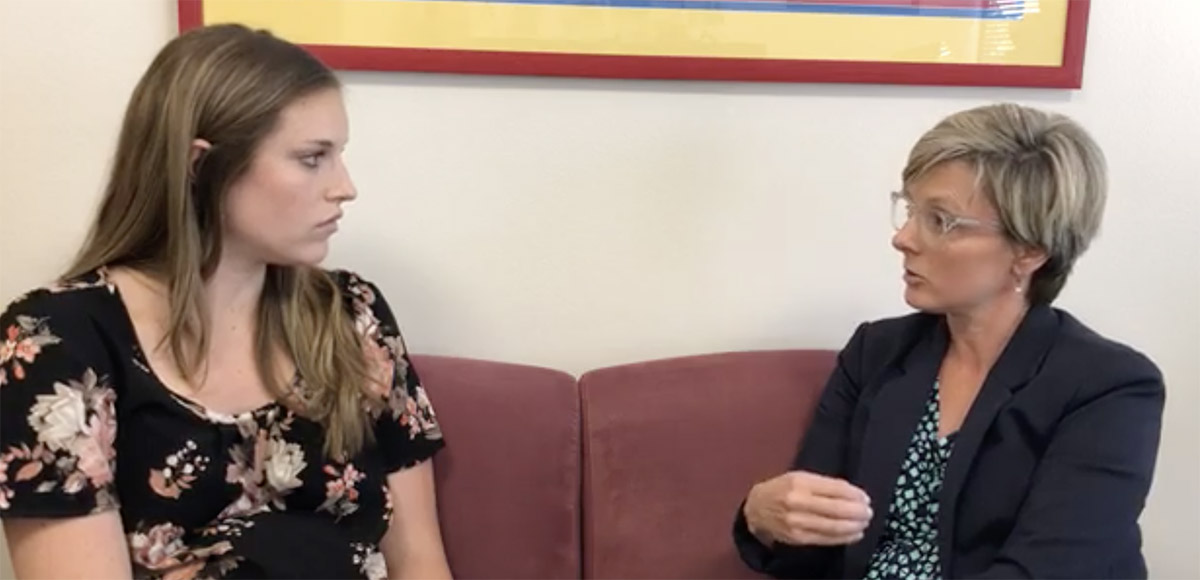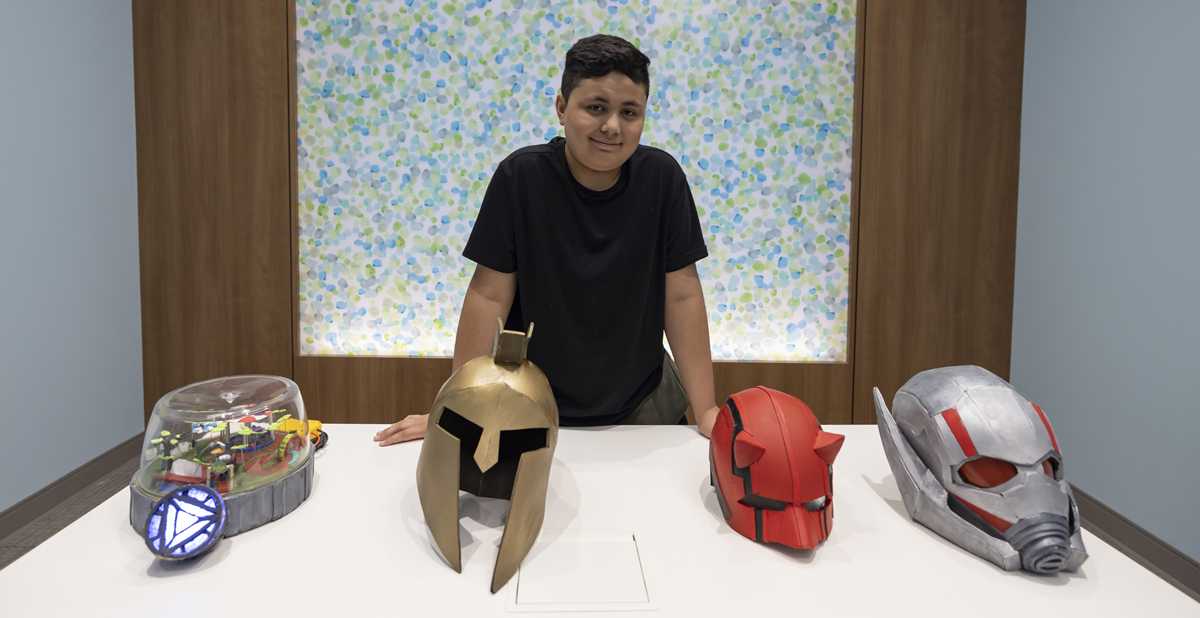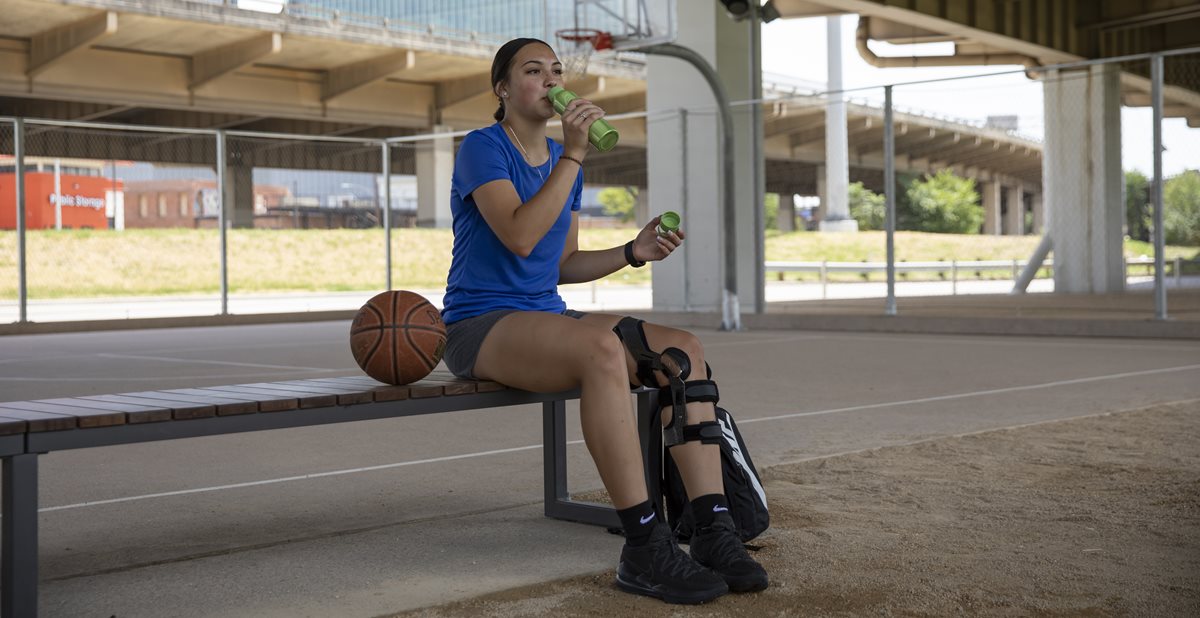
Jul 24, 2018 / General News
#SRHaccess Facebook LIVE Recap: Psychology
On this week’s Facebook live, pediatric psychologist Heather Richard Psy.D., joined us to discuss the psychology services and resources offered to the patients of the hospital. Below is a recap of the conversation.
Watch the live segment.
Psychology Team at Scottish Rite Hospital
Watch the live segment.
Psychology Team at Scottish Rite Hospital
- The hospital has had a psychology department as part of the care team for decades.
- There are four staff pediatric psychologists at Dallas campus.
- There will be pediatric psychologists at the hospital’s new Frisco campus.
- Pediatric psychologists go through special training to work with children and their families who have medical conditions. They evaluate how the medical condition and treatment impacts the patient in school, with his/her family, coping with daily life, pain management, taking medication and prolonged treatment.
- Orthopedic team – getting ready for significant treatment or surgery and being an integrated part of the care team in clinic
- Rheumatology team – taking medications that have side effects, having friends and going to school while having a chronic condition
- Pediatrics team
- Neurology team
- The hospital’s psychologists will mainly see patients in clinic, as part of their ambulatory care visit.
- This allows the psychologists to be an integrated part of the health care team and be able to collaborate with the doctor to treat the whole child.
- Patients and their families can also be seen in the psychologist’s office, if needed.
- Scottish Rite Hospital patients are able to meet with a psychologist. If you have a question, just ask your doctor or nurse and they will connect you with someone.
- Each psychologist is assigned to a team at the hospital. The patient and family will see the same psychologist for each consultation to provide consistency.
- There is wide range of topics that patients want/need to meet with one of the hospital’s pediatric psychologists.
- Struggling in school
- How to cope with their condition
- Understanding the treatment plan
- Preparing for surgery
- Physical and emotional state after surgery
- One research coordinator dedicated to psychology research.
- Majority of the research is collaborative with other teams – orthopedics, hand team, rheumatology, neurology and pediatrics.
- Identifying what can be done before treatment for patients/families to make the outcome better after treatment.
- Understanding the complications of treatment to better prepare the patient.
- Increase function and get the patient back to what they love to do.
- The hospital offers a postdoctoral psychology fellowship.
- The department has a fellow each year. At the end of the year, the fellow is a trained pediatric psychologist.
- Fellows receive training in the following areas:
- Evaluations before surgery
- Working with the orthopedic staff as part of the integrated care team
- Research



